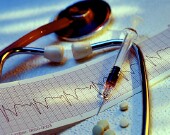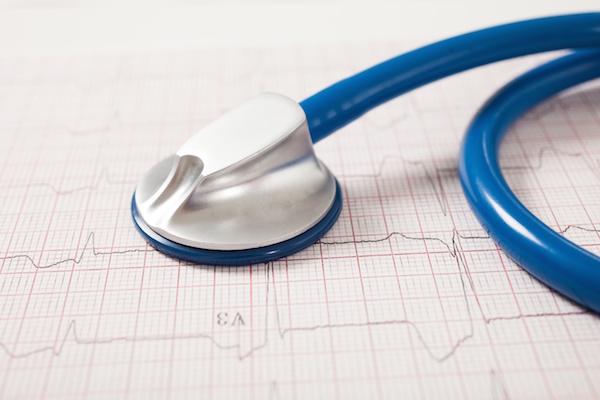
SUNDAY, March 15, 2015 (HealthDay News) — Folic acid — the same nutrient women take in pregnancy to help ward off birth defects — may also help lower stroke risk in people with high blood pressure, a new Chinese study finds.
The findings are intriguing, one U.S. heart health expert said.
“If all that is required to prevent the greatest health threat worldwide is a vitamin, then we need to consider checking patients’ blood levels of folic acid and supplementing if needed,” said Dr. Suzanne Steinbaum, a preventive cardiologist at Lenox Hill Hospital in New York City.
The new study was led by Dr. Yong Huo of Peking University First Hospital in Beijing. Huo’s team tracked outcomes for more than 20,000 adults in China with high blood pressure who had not suffered a heart attack or stroke. Participants were randomly assigned to take a daily pill with folic acid and the high blood pressure drug enalapril (brand name Vasotec) or a pill with enalapril alone.
Over a median treatment period of 4.5 years, first strokes occurred in 2.7 percent of those in the enalapril/folic acid group and 3.4 percent of those in the enalapril group, the study found. That means that the risk of stroke was 21 percent lower among those taking enalapril/folic acid.
Patients taking enalapril/folic acid also had a lower risk of ischemic stroke (2.2 percent versus 2.8 percent), specifically. Ischemic strokes are strokes caused by a blockage, and comprise about 87 percent of all strokes, according to the American Stroke Association.
Adding folic acid was also tied to a reduction in heart-related death, heart attack and stroke (3.1 percent versus 3.9 percent), the investigators found.
There were no significant differences between the two groups in the risk of bleeding stroke or death from any cause, the study authors reported.
The study was published March 15 in the Journal of the American Medical Association and was to be presented simultaneously at a meeting Sunday of the American College of Cardiology in San Diego.
The findings have “important implications for stroke prevention worldwide,” Dr. Meir Stampfer and Dr. Walter Willett, of Harvard School of Public Health in Boston, wrote in an accompanying journal editorial.
They said even though this study included people with high blood pressure, “there is little reason to doubt” that the findings would apply to people without high blood pressure.
For her part, Steinbaum pointed out that “low folic acid can be associated with elevated risk of heart disease and stroke.” Often, an abnormality in a specific gene called MTHFR can lead to an individual having low folate levels, she said.
Stampfer and Willett said that billions of people worldwide may have low levels of folic acid, which is a B vitamin. According to the U.S. National Institutes of Health, folic acid is found naturally in dark leafy vegetables, dried beans and peas, and citrus fruits and juices. Many foods — such as breads, cereals and pastas — are now fortified with folic acid. The nutrient can also be taken in supplements.
“Although we would hope that diet would be the best source of nutrients, sometimes it is impossible to get enough essential nutrients in our diets,” Steinbaum said. “The study shows that with supplementation of folic acid, it might actually help prevent the risk of stroke.”
More information
The U.S. Centers for Disease Control and Prevention has more about folic acid.
Copyright © 2026 HealthDay. All rights reserved.

